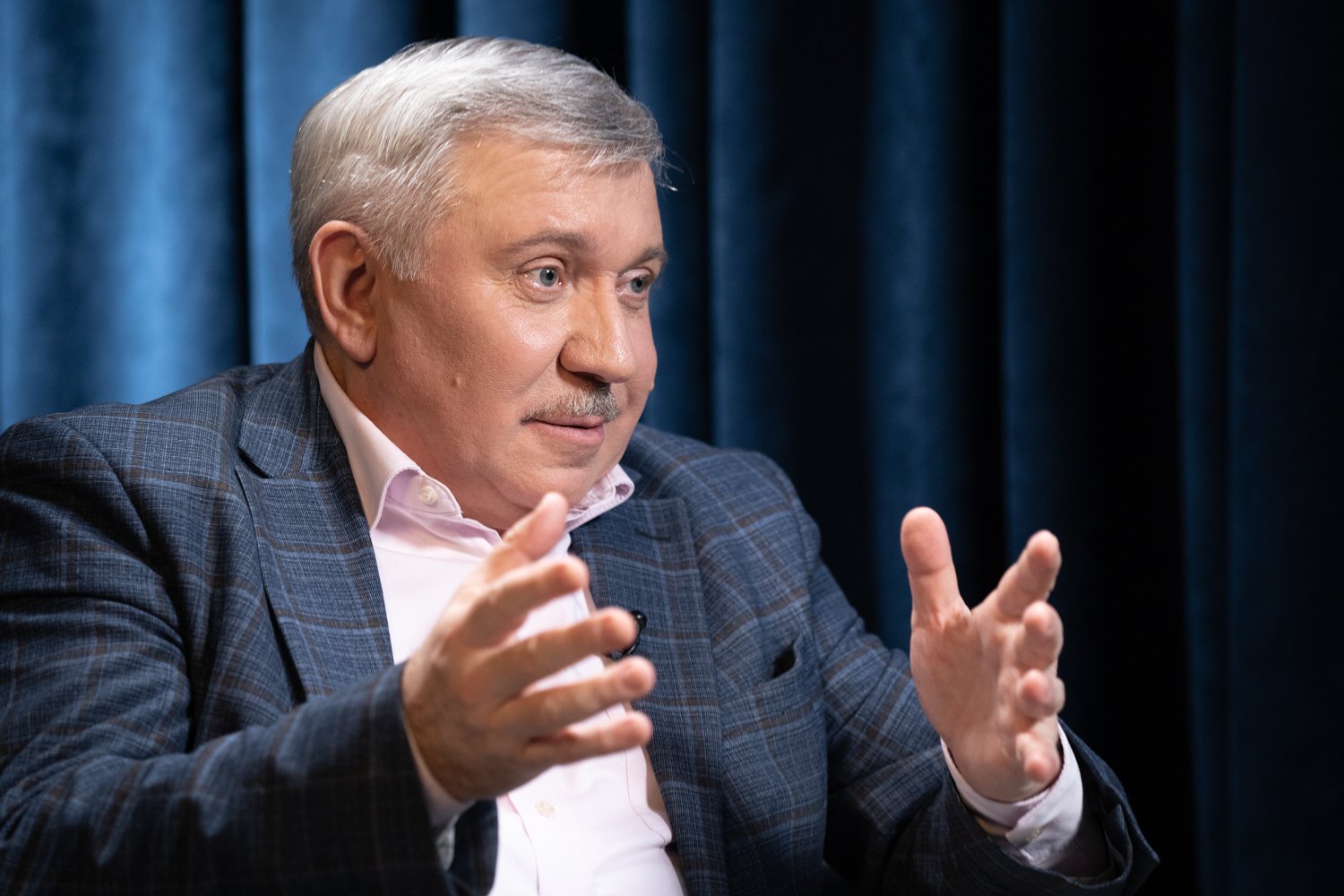
"By transiting oil and gas through our territory, we are helping the aggressor to receive money from the European market and finance the war budget"
This winter, which was supposed to be the hardest in the history of independent Ukraine, is going easier than we expected. Where is the share of luck, and where is the investment and effort made by the state, the expert community and the corporate sector?
Indeed, there were efforts that were invisible to the general public, and they continue to be made. Otherwise, the situation would undoubtedly be much worse. We had a nervous November and December. 17 and 28 November, 14 December - these dates have even been forgotten. Someone might remember 26 August, when a massive attack was launched on generation facilities, in particular, on those substations that play a key role for the nuclear power units of our nuclear power plants in the flow of power to the energy system. In general, things did not go as expected for Moscow, as the Ukrainian power system is not only preserving, but also trying to restore the affected areas as quickly as possible: to find new switching schemes, to minimise the time for restoring power supply. The systemic efforts also helped to increase the safety margin and make the necessary stocks of components and reserve important equipment.
The human factor is always the most important, so it is worth noting the well-established protocols of the teams, including Ukrenergo operators, for actions after the damage to the facilities. This invaluable experience has been gained since 2014, as the damage to power facilities began back then.
We at the Centre [Centre for global studies Strategy XXI] analyse the strategy and tactics of Russia's actions to damage Ukraine's critical energy infrastructure and compare it with the modelled situation for the countries on NATO's eastern flank. Less than half the number of strikes on Ukraine's energy system would be enough to bring down the Polish power grid. The combination of these factors has worked, at least for now. In addition, General Frost has not been an ally of the Kremlin for years.
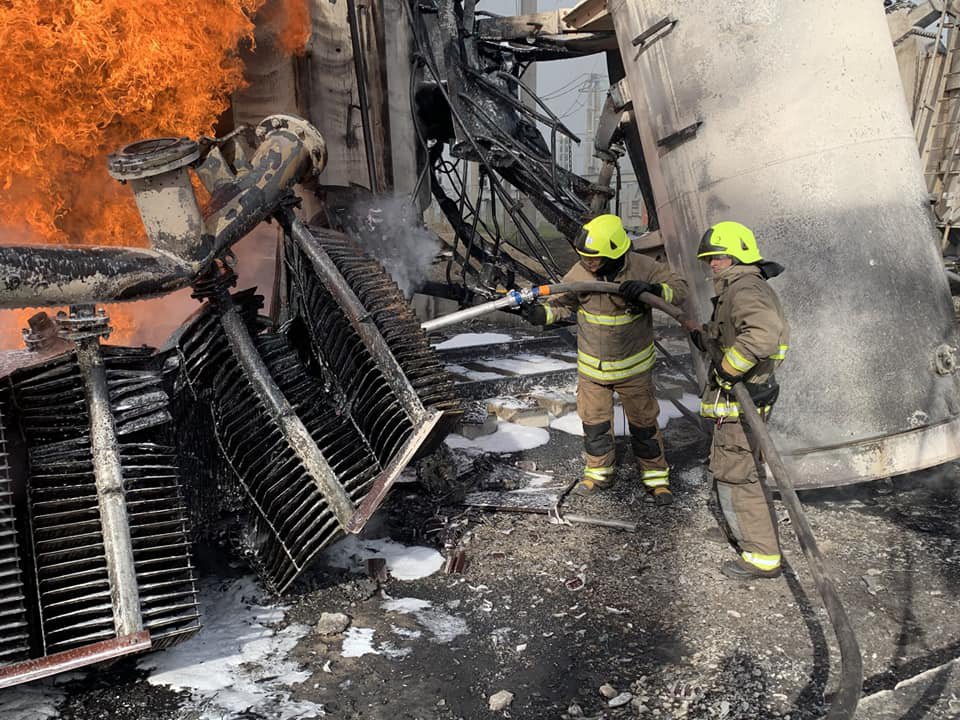
We see that the energy war around Ukraine is being waged on different flanks. Slovakia, and Fico in particular, is reacting very aggressively to the cessation of Russian gas transit through Ukraine's energy system. Could the cessation of transit become a factor in blocking Ukraine's needs in the European Union?
I don't see any levers that the Fico regime or the Orbán regime can use, other than the ones they have already used when they promised to block Ukraine's membership in the European Union. Let them block it, because we know perfectly well that it won't happen tomorrow. Ficos come and go, and so do Orbáns. Despite the fact that Orbán has been holding on for a decade and a half, I think his time is coming to an end one way or another. Fico's position is even less stable, so these nervous reactions (like the nervous reaction of Peter Szijjártó from Budapest to the bill registered in the Verkhovna Rada to stop the transit of energy through Ukraine) show that they understand that they cannot really prevent this. Of course, they can complain to Brussels and the European Commission, which they are doing. At the same time, they are manipulating the Association Agreement and inventing things that are not true in order to force the European Commission to punish us in some way.
The European Commission sees no violations on the part of Ukraine, and this has been repeatedly stated both publicly and privately. When the issue of oil transit arose in early summer, there was an attempt to initiate a procedure against Ukraine under the Association Agreement: allegedly, Ukraine failed to notify the European Union and unilaterally imposed sanctions against oil from a single company, Lukoil, which allegedly violated the Annex to the Agreement and created problems for energy security. Even then, the European Commission pointed out that there were no grounds for violating this procedure.
There are no grounds now either - Article 47 of the Association Agreement very clearly states that in the event of a threat to national security, Ukraine may take the necessary measures to neutralise this threat. And there is a threat: the Russian aggression has been going on for eleven years, the full-scale invasion has been going on for almost three years, and we are helping the aggressor to receive money from the European market and finance the war budget by transiting oil and gas through our territory. This money then comes to us in the form of drones and missiles, so wherever we can cut off these flows, we should do so. By and large, we should have done this earlier, but as good partners and neighbours of the European Union, we proceeded from the fact that there is a valid gas transit agreement that we have to fulfil. And our European neighbours, especially those with whom we share a common border, would have had to prepare during this time. And here, look at Poland: it has no problems, because the policy of Polish governments - whether they are left or right - has been aimed, perhaps not always consistently, but always systematically, at independence from Russian energy carriers. In both oil and gas, they achieved this in 2023.
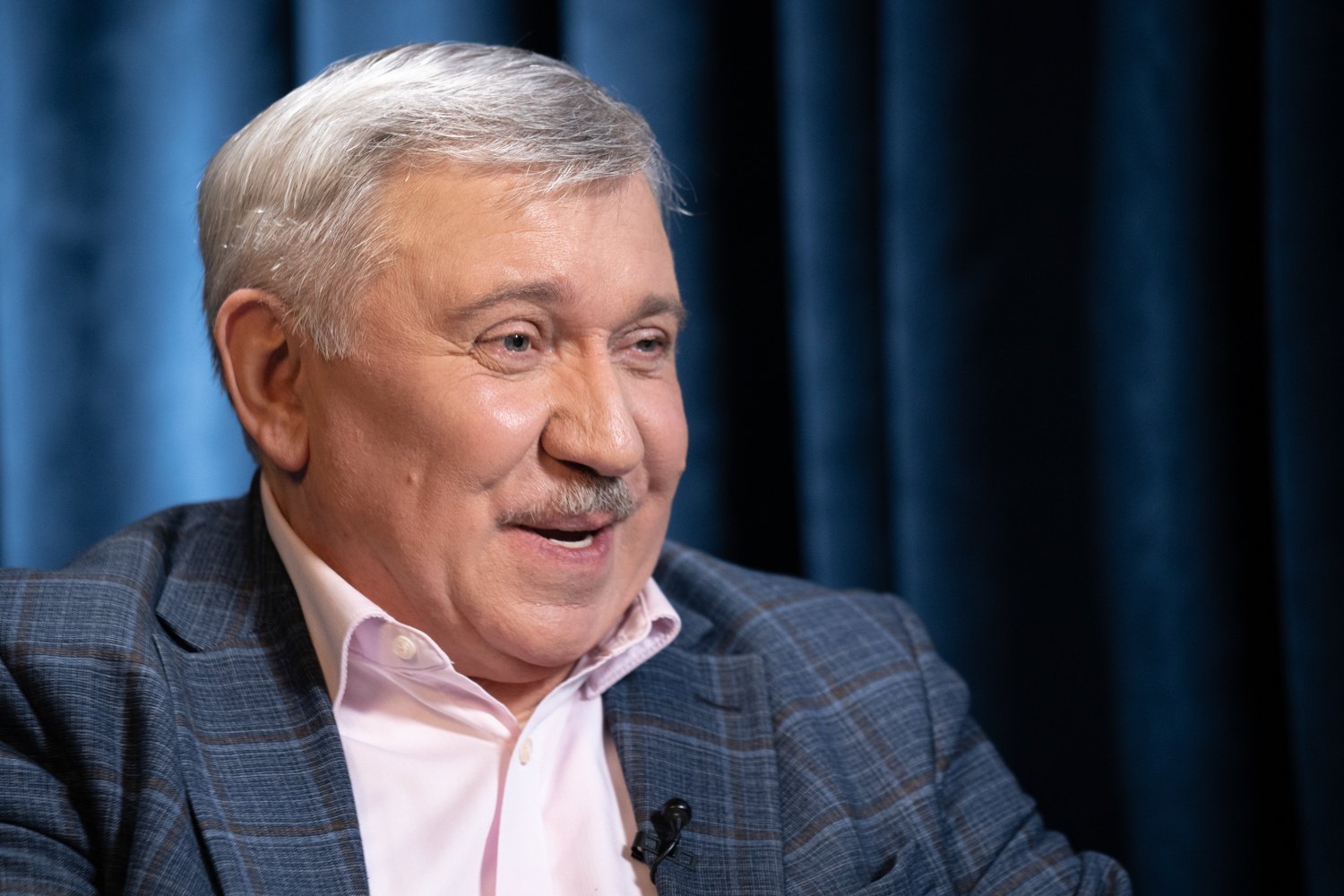
I cited Poland as an exemplary example for the European Union of how to abandon Russian energy supplies. Slovakia and Hungary have taken the exact opposite line, although they have all the technical capabilities after the second gas crisis in 2009 to receive any energy from non-Russian sources through a system of interconnectors built to ensure that in an unforeseen situation they can get enough gas from where there is a surplus to where there is a shortage. Although they are not in danger of any shortage.
A striking example is Austria, which was also sitting on the Russian gas needle, but after the new year, the government said it did not see any problems with the fact that gas was no longer supplied because Austria had sufficient reserves. Slovakia is the same way. When Fico came to Kyiv in 2009 and argued with Yuliya Tymoshenko, the Prime Minister of Ukraine at the time, the situation in Slovakia was really bad: they would have had enough gas from their underground storage facilities for only three weeks. Now they can easily live without any supplies for six months. So can Budapest. So all of this is speculation - they are simply interested in Russian energy at a special price. This is a fairly successful long-term geopolitical project of Moscow, how to corrupt and keep such political leaders and the regimes they form on a short leash.
In Ukraine, there has been an active debate on the topic of Azerbaijani gas and the protection of Ukraine through the functioning of the GTS. Why is it so?
But there was a discussion! And the right approach prevailed: in the circumstances of Russian aggression, this should be a coordinate system that is fundamentally different from the circumstances of peacetime, when it was just a business where one party, Russia, has resources and sells its gas to consumers in Europe, and the other party, Ukraine, performs a transit function and makes money on it. In times of war, we have to use a different coordinate system to reduce the enemy's war budget. These two streams: both oil and gas (Transnistria is concerned only with gas) - they are important. It may not be a lot of money, but given the current state of the Russian economy, it is an important revenue stream, and one that provides currency.

"The oil perpetual motion machine of Russian aggression continues to work and will remain the main contributor to the war budget"
You have touched on the Russian economy, so let's talk about its state to boost the morale of our audience. Should we hope that economic problems will have an impact on Russian politics and geopolitics this year?
I wouldn't be so optimistic that the collapse of the Russian economy will definitely come this year. The Russian economy is in a tailspin - this is a fact. But there are two types of it. The classic one, when the aircraft spirals with its nose at a high angle to the ground, and the flat one, when the aircraft also spirals towards the ground, but flies almost horizontally. The result is the same - a disaster, but it creates the illusion that if the plane is in horizontal flight, it can somehow be taxied out. In fact, it is a more dangerous kind of stall, and the Russian economy is now somewhere in a state where a critical mass of problems is accumulating that will manifest themselves in one way or another in the coming months. For example, in Kamchatka, they issue special social cards for fish, and this is in Kamchatka, where they catch it, in the middle of winter - nonsense! And the fish is priced differently: for socially disadvantaged groups, it is at a reduced price, while for the rest of us it is twice as expensive. At first glance, the indicator is so small, but it is revealing.
In terms of macroeconomic indicators, this is the high interest rate of the Central Bank of Russia, which leads to the bankruptcy of entire machine-building holdings, including those that work for the Russian military-industrial complex, such as KAMAZ. We can cite the example of Gazprom, which became unprofitable as a result of Putin's "turn to the East" policy, which completely failed, and they lost the European market.
However, the oil perpetual motion machine of Russian aggression, unfortunately, continues to work. From my point of view, while Western sanctions have not stopped it, but only slightly reduced its financial flow, it will remain the main contributor to the war budget. Although Russian officials are trying to show that revenues from the energy business are now 30%, this is not the case. The export of oil and oil products, which has traditionally brought Russia its main income, continues to function. From the Kremlin's point of view, all the problems that arise in areas not involved in arms production and financing of the armed forces are not a priority, and their needs are cut off. Some investment plans remain on paper to show Russian citizens that everything is fine. In reality, everything goes into the war budget. No one knows when the Russian economy will reach the point of fragility. The Kremlin does not know either. Actually, it was the same in Soviet times, I remember how the five-year plans were drawn up in 1990-91.
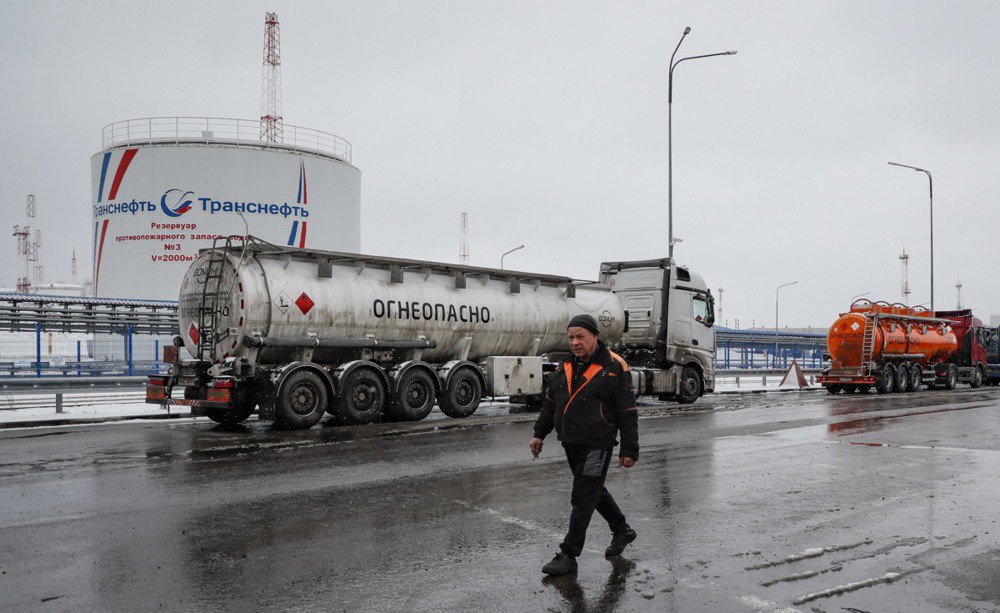
Are we, as part of the West, wrong again? After all, the West, including Angela Merkel and Germany, were convinced that as long as Russia was benefiting from the interaction, it would not go to war, but this is not true.
Wandel durch Handel, or when you trade, you don't fight. The Germans paid a high price for cheap Russian gas, literally. They have seen the light to a certain extent, but of course we are paying a disproportionately higher price - in human lives. However, we have always warned our European partners, and Germany in particular, that we should not get carried away with cheap Russian energy resources. But they looked down on us and thought it was mutually beneficial.
Unlike many people, I do not overestimate the degree of criticality in the Russian economy at the moment. Back in the autumn, Saudi Prince Mohammed bin Salman announced that Saudi Arabia would move to a different policy within OPEC+ and called Kazakhstan, Russia and Iraq violators who exported more oil than the agreed quotas. As a result, the oil price is not rising and the coveted $100 per barrel is not achievable for both Riyadh and Moscow. The prince added that Saudi Arabia will move to a different policy of expanding its market niche by lowering the oil price to around $50. Donald Trump then said that when he becomes president, all restrictions on oil drilling will be lifted: drill, baby, drill. America should be number one (and it already is) and bring more oil to the global market. Now is the time to start this policy. If the Saudis do the same, then Saudi Arabia and the United States will play in sync and, as two of the three leading oil countries, will get the results they expect.
Russia, Saudi Arabia, and the United States are the largest global oil producers. When two of them play against the third in this format, it loses. This was the case recently, when the Saudis and Russians played together and kept oil prices high. Iran played along because it also needs money to destabilise the Middle East. So the configuration has to change. If this happens, oil prices will go down. I don't think there will be a price collapse, but I also assume such a scenario, although not for this year. It may start after a certain stage, because the other producing exporting countries will not sit back and watch the Americans and Saudis expand their market share by lowering oil prices, they will do the same. Then, instead of this lower ceiling of about $50 per barrel, the price could slide even lower, as it did in 2020, and the process will become uncontrollable.
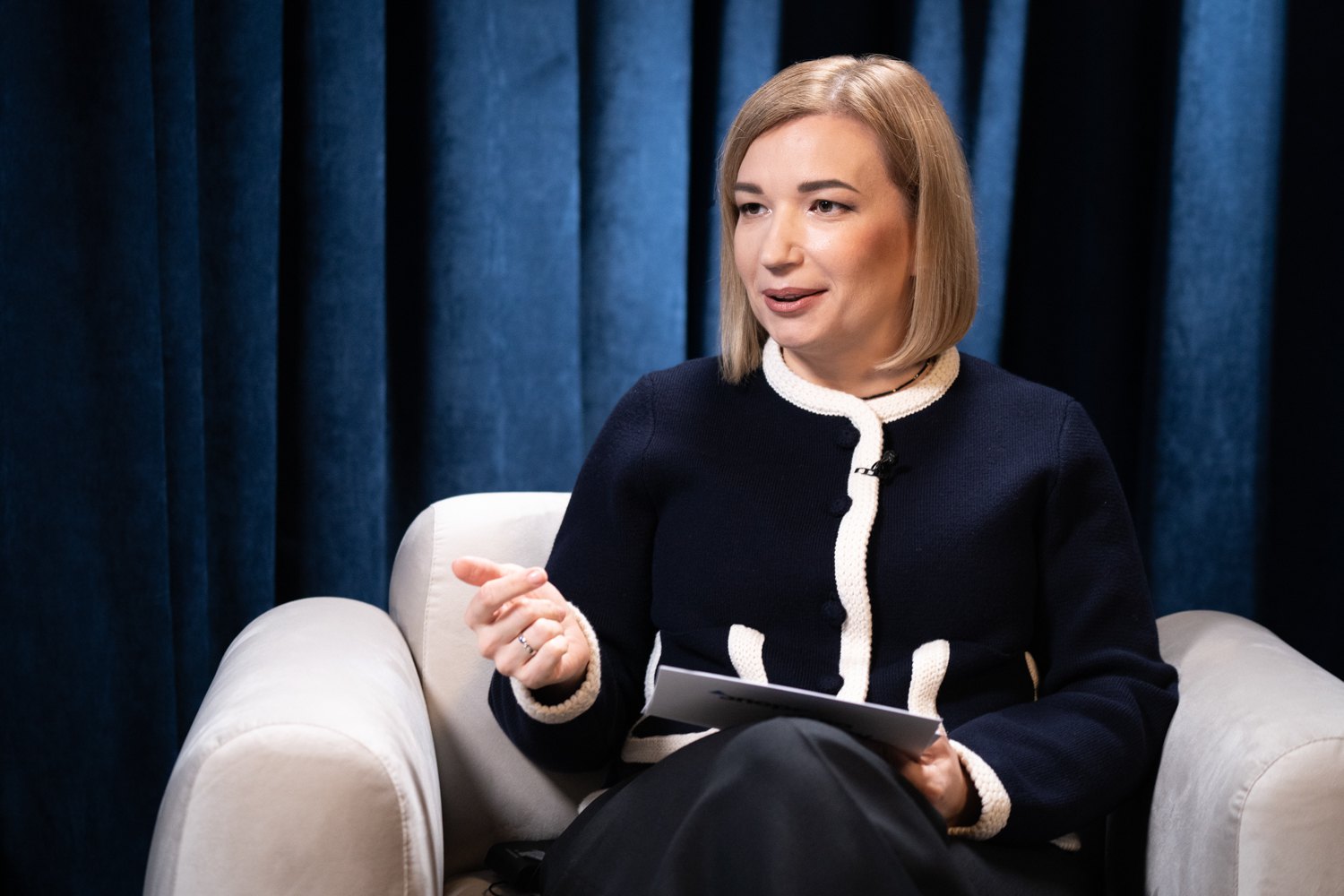
We would like to see a collapse in oil prices, because it would mean that Russia would receive less money for exporting the same amount of oil and oil products. Accordingly, it would be impossible to finance the war budget, the bloated armed forces and the military-industrial complex. We made a comparison of what Russia received in the years of low oil prices, in 2016 and 2020, and the amount was one and a half to two times less than what they received in 2012 or 2022 at the peak of prices. That was enough in a relatively peaceful environment for the Russian economy to feel more or less normal. Under these circumstances, they will go into a tailspin, so we need an oil price of $50 per barrel.
I believe that a lot is now in the hands of the Baltic states - they are all EU and NATO member states, and Russia's main oil traffic comes from the Baltic. That's why Russia is so aggressive in the Baltic right now. We are seeing all these allegedly random episodes with the severing of telecommunication cables, the power cable of the Baltic Connector gas pipeline. The countries of the Baltic region want to limit Russia's oil traffic. It is a serious threat against the backdrop of what happened in the Kerch Strait, when two Russian tankers broke down during a storm and thousands of tonnes of fuel oil spilled onto the Black Sea coast. The Baltic is not shallow, and there are no river-sea tankers like Volgoneft, which has a tonnage of 7,000 tonnes. Ocean-class tankers with a partial load of 100-150,000 tonnes sail the Baltic. Imagine if something happens to this tanker. There is one island in the Black Sea and thousands of small islands in the Baltic. It would be a disaster!
Shipping from the Baltic to the North Sea through the Danish Straits is regulated by the Copenhagen Convention of 1857, when there was no oil or tankers. The question arose that all of this needs to be regulated now, and, accordingly, the issue of traffic. About 60% of Russia's oil exports go through the Baltic, so if it is blocked, even if not completely, it will mean that Russia will not receive the revenues it receives.
The eight Nordic and Baltic countries have already demonstrated a certain determination. But will it translate into action? What will prevail in this struggle? Russia's assaultive approach is to intimidate the Baltic region: if you block us, we will cut all cables and connections, and something similar to the Baltic Connector gas pipeline from Finland to Estonia will happen. These are actually direct threats. Will the consolidated approach of the EU and NATO member states prevail to curb Russian aggression? If they do not, they will give Russia the green light to continue such actions in an even more dangerous area of the North Sea.
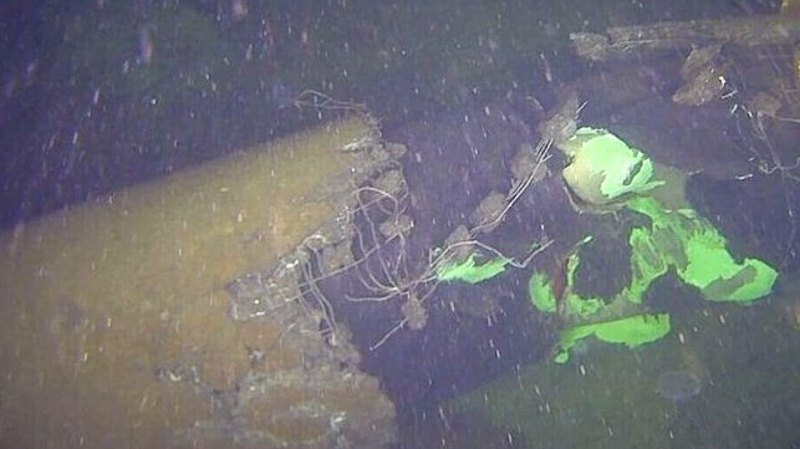
"The increase in the gas transmission tariff will directly affect industrial consumers, whose products will increase in price"
Let's talk about an issue that is relevant not for consumers, but for the state, because we still have the infrastructure of the gas transmission system. Since it is one of the most developed, what will happen to the pipeline?
One way or another, everything is dictated by the consumer in Europe. If the European Union implements a decarbonisation policy, this gas flow would gradually decrease and eventually disappear. Our gas transmission system and Naftogaz have been preparing for the termination of Russian gas transit for a long time, as Russia's policy has been aimed at this since the 1990s. I remember that the late Rem Vyakhirev, the then head of Gazprom, when he initiated the Yamal-Europe project through Belarus and Poland to Germany, threatened to "cut off" Ukraine as a transit country. And when Putin came to power, the policy of bypassing transit countries became systemic. Hence the ideas of building Nord Stream, South Stream, which was later transformed into Turkish Stream, and so on.
After the gas crises staged by Russia in 2006 and especially in 2009, when Nord Stream 1 was already being implemented, it became clear that we needed to prepare for an era without transit. In 2009, Gazprom cut off not only supplies to us, but also the entire transit through Ukraine to Europe. This was its way of offering Europeans other options, saying that Ukraine was an unreliable transit partner and stole gas. Even then, the Kremlin's plans went awry, as they did not anticipate that Ukraine would be able to reverse the system (and it was done within 36 hours!) and supply gas from underground storage facilities in the west of the country to the centre, south, and east. At that time, the temperature was between minus 10 and minus 15 in Kyiv, not like now - plus 5-7. That's when the gas transmission system was reconfigured.
In 2019, it was also unclear what would happen to transit after the signing of the agreement between Naftogaz and Gazprom, which has now come to an end. In the context of Russia's full-scale invasion, when part of the transit flow was cut off through Ukraine via the Soyuz pipeline and when Russian troops seized a compressor station in Novopskov, Luhansk region, it was clear that it was only a matter of time before Russia would stop transit. The system can work without transit, although it is far from the same mode of operation. We have 20 billion cubic metres of domestically produced gas that the system will work with, and it is designed for a total transport capacity of ten times that. We have traditionally transported imported gas, which was a large volume, and we don't need it now. Now we are using domestically produced gas: when two components disappeared, only one component remained, which was there from the very beginning. The operation of the gas transmission system is primarily the operation of compressor stations. We have not been using all 72 of them for a long time, because there is no need for it. About a dozen are in operation, and that's enough.
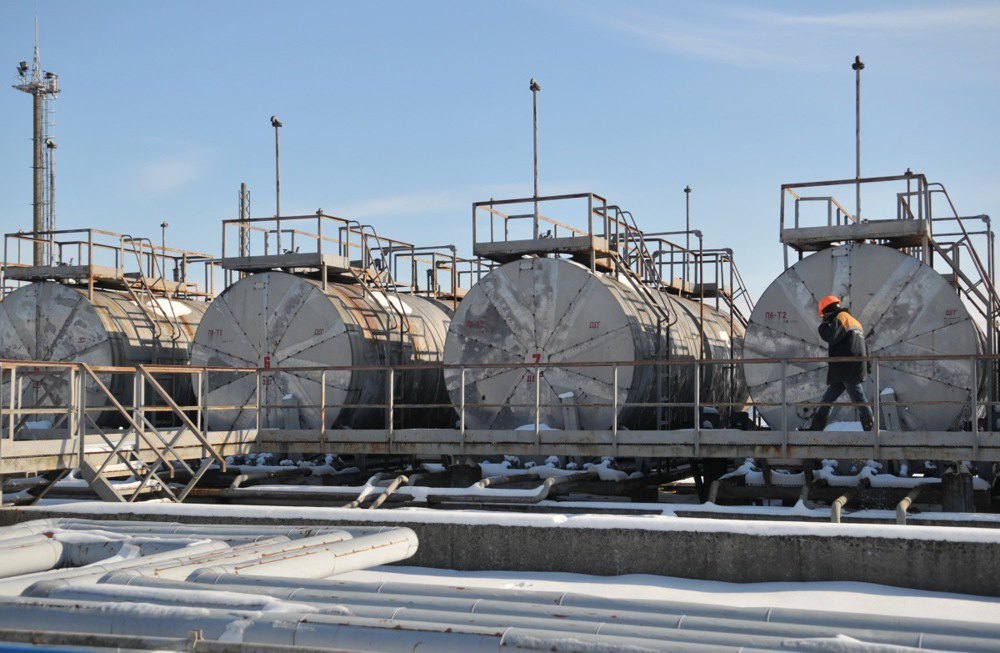
For 20 years after the Orange Revolution, as long as I have been actively following politics, the issues of the GTS, contracts, and gas prices have been the main topics. As of the beginning of the year, the cost of gas for industrial producers has quadrupled. Can we somehow predict how much it will cost the end consumer, or is it a natural process when we pay the real price for what we consume?
The average consumer, a household that uses gas, will not be affected by this because the law is in force during martial law - tariffs do not change for another 6 months after it ends. This cannot have a direct impact also because the average consumer does not deal with the gas transmission system of high-pressure gas pipelines - no one receives anything from them. They receive two payments: one from the supplier of gas as a commodity, Naftogaz, and the other from the local gas distribution company, whether it is a regional or city gas company, which is a payment for courier services for the delivery of gas purchased from Naftogaz. This is a different network, a local one, through which gas is delivered to the consumer, and different tariffs apply there, and they remain unchanged. Yes, they are reviewed over time, but the regional gas company must first agree on them with the National Energy and Utilities Regulatory Commission. These tariffs are very different and are often the subject of disputes: why is the tariff in Kyiv so low, while in Lviv or Zakarpattia it is several times higher? The only reason is that in Kyiv, Kharkiv or Zaporizhzhia - big cities with many consumers and all of them close together - logistics is inexpensive, while somewhere in the mountains, for example, in the Carpathians, there are not so many consumers and logistics is expensive.
A fourfold increase in the tariff for transporting gas through high-pressure gas pipelines will directly affect industrial consumers, whose products will increase in price in proportion to the extent to which their production depends on gas as an energy source. For some, this may be a small increase, as it is only a few percent in the price structure. But where production is energy-intensive, in industries where products have limited use, such as cement, where a lot of energy, including gas, is used in production, this will affect the final price. Or sugar production, even though we have not been a country that produces and exports huge amounts of sugar for several decades, or greenhouse farming, which uses gas to heat greenhouses, we will still feel it - not through tariffs for gas consumption, but through higher prices for these types of products. However, to draw a direct parallel: the tariff has quadrupled because transit has been stopped, and everything will quadruple in price is manipulation and speculation.
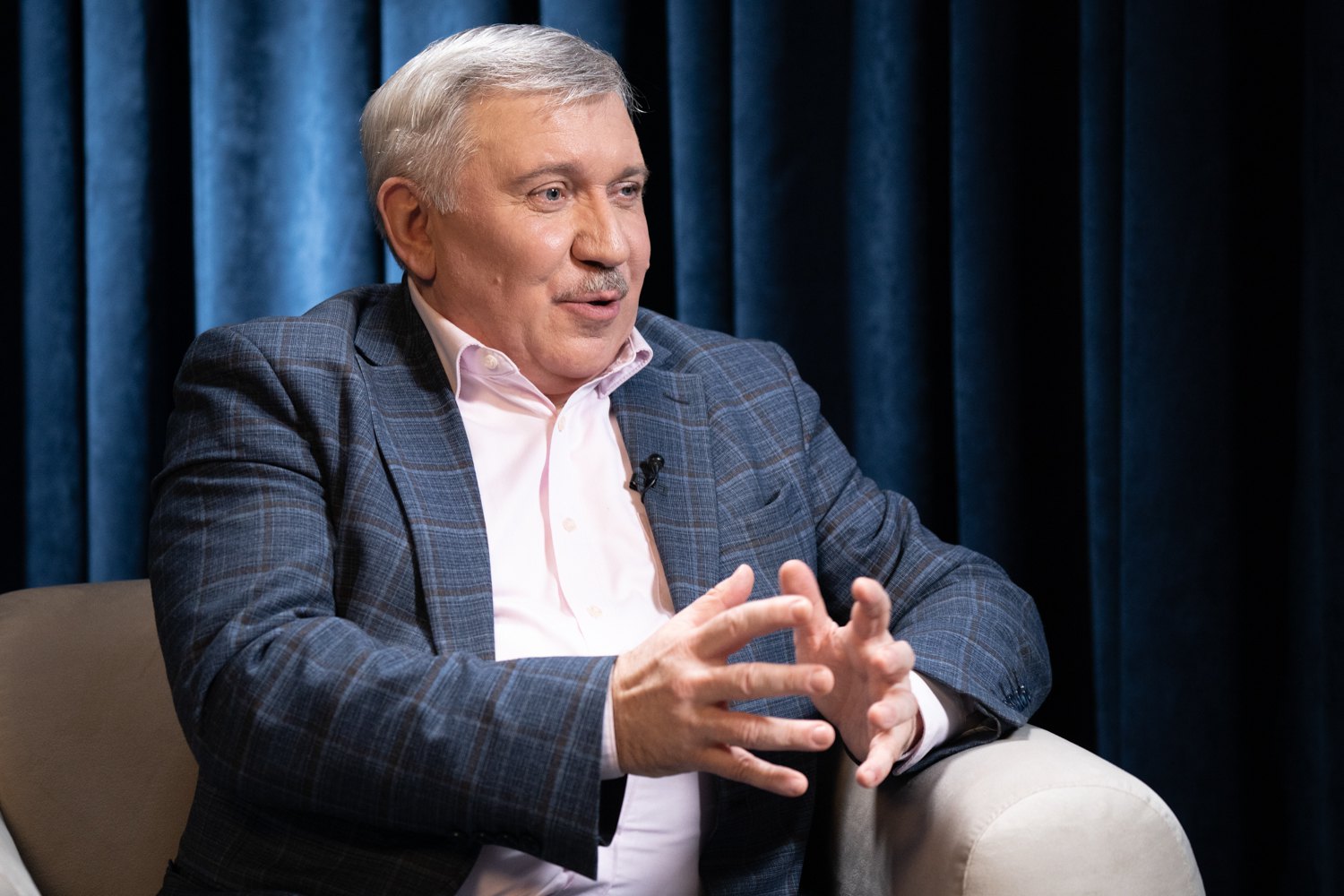
"We remain resilient and have increased our capacity in many areas"
Now, let's talk about positive developments, such as the maritime strategy, which you have worked on personally. Our partners, in particular the British, often say that the world has not noticed how Ukraine won the naval war. We need to talk about the damage done to Russia.
I would say that we are ahead of the whole planet here. A recent example is the destruction of two Russian helicopters by an unmanned attack drone with an anti-aircraft mounted on it. This is unprecedented - the first time in the history of the Navy that unmanned systems have been used. We continue to maintain our leadership here and underestimate ourselves in many ways. I would not say that this went completely unnoticed, but it was noted in very specialised Western publications such as Naval News or Defence News. Unfortunately, official institutions do not have time to disseminate this unique experience.
The fact that our armed resistance has been going on for years is a phenomenon in itself, and we will win in the end, no matter how difficult it is now, no matter how unoptimistic it may seem. We maintain our resistance and have increased our capacity in many areas. This is often unnoticed by us, and when we see the aviation fuel tank farm near Engels burning, which is used to refuel the bombers that strike at us, this is also a reason for optimism, as is what we have done on the Black Sea. And we can now operate from the Baltic to the Arctic, from the Arctic to the Urals, and we will see this in the near future.








